One of the unspoken rules of the judicial system is that, at the end of the day, money often can and does speak louder than justice. Another is that victims are disbelieved until proven believable.
The 72-year-old disgraced Hollywood producer, Harvey Weinstein, who’s had over 100 women coming out with allegations against him, has had his 2020 sexual assault conviction overturned in a 4-3 decision by the New York Court of Appeals. The trial came on the heels of the tidal wave that was the # MeToo movement and was the result of sexual assault allegations by actress Jessica Mann. By the end of the trial, the jury found Weinstein guilty of first-degree criminal sexual assault and third-degree rape and sentenced to 23 years in prison.
But now, that conviction has been thrown out the window and a new trial is set to take place in the future. What went wrong the first time around and what is going to change for this retrial?
What went wrong?

The problem in this case, and the grounds by which it was overturned, is something that some legal scholars had issues with from the get-go because it seemed to break an 1899 New York criminal law. This law deems the prosecution cannot call witnesses to other crimes the defendant may have committed but for which they are not being tried with the purpose of proving their guilt.
In Weinstein’s case, the problem was with how the Judge in this case allowed for testimony not pertaining to it to enter the courtroom. Specifically, referring to three women who came forward but were also proven to have had a “consensual” relationship with Weinstein after their alleged assaults, which were never prosecuted. These facts fall into Weinstein’s defense that all these assaults were not so much assaults as instances of consensual intercourse. The prosecution knew it was breaking the legal precedent, but their view was that the witnesses’ statements would prove beyond doubt that the concept of “consent” was never in Weinstein’s dictionary.
The Court of Appeals’ Opinion reads:
“Defendant was convicted by a jury for various sexual crimes against three named complainants and, on appeal, claims that he was judged, not on the conduct for which he was indicted, but on irrelevant, prejudicial, and untested allegations of prior bad acts. We conclude that the trial court erroneously admitted testimony of uncharged, alleged prior sexual acts against persons other than the complainants of the underlying crimes because that testimony served no material non-propensity purpose.”
The Decision also argued that having testimony extraneous to the case prevented Weinstein from taking the stand in his own defense, which he intends to do in the new trial.
Jessica Mann had said during her testimony that she never meant the nice things she told Weinstein, she was simply afraid of what the powerful man would do. He’d already proven to have no scruples by assaulting her, so what else would he be able to do with all his wealth and influence?
When #MeToo becomes Disregarded Too
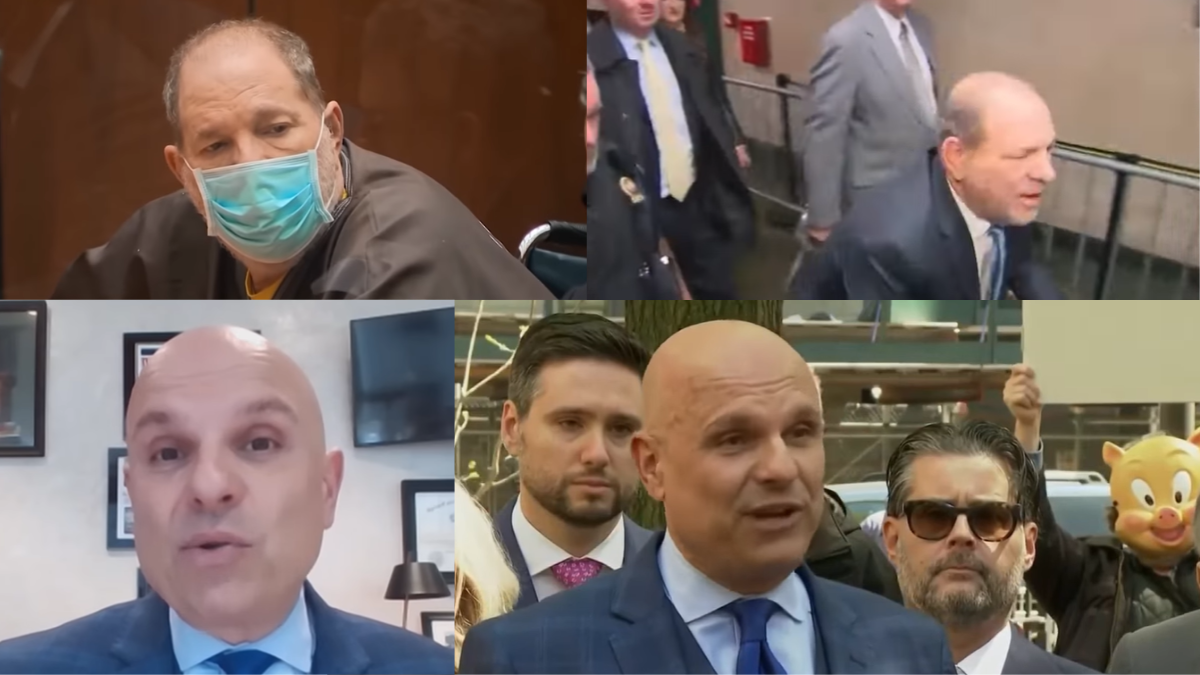
There is no doubt that the allegations were graphic and left little to the imagination of how much women have suffered at the hands of the power-hungry movie mogul. It’s the same old story that refuses to go away, with such turns of events preserving the status quo of victimization of women, not only at the hands of abusers but also seemingly enforced by the system.
What this ignores, however, is the psychological intricacies of an abused victim’s psyche, namely how one can form a wounded attachment to one’s abuser or feel implicitly blackmailed into coming back. The women’s allegations also provide further evidence of a clear Modus Operandi. As Justice Madeline Singas argued, this ruling is “whitewashing the facts to conform to a he-said/she-said narrative” and that it falls back on a “disturbing trend of overturning juries’ guilty verdicts in cases involving sexual violence.” (per The Guardian)
One of Harvey Weinstein’s attorneys involved in the appeal, Arthur Aidala, said in a press conference that, as no one is above the law, no one is below the law, which is a very rich statement to be making in this case. The lawyer also proudly told Law & Crime Network that “this was a great day for Americans.”
However, and contrarily to Aidala’s assertions, it could be argued that for most women, it is yet another example that our trauma is often downplayed and discredited, despite the statistical evidence that one in six American women has been or will be the victim of sexual assault. Furthermore, we also know that out of 1000 sexual assaults, 975 perpetrators will walk free, with two out of three assaults going unreported. (via RAINN). Why do they go unreported? Well, this case exemplifies how women risk being victimized again and again by the very system that should protect them.
The convicted sexual abuser has been in prison for four years and is still serving a 16-year sentence for a separate assault case as he awaits a new New York trial. Weinstein’s attorneys also intend to appeal this other California conviction.

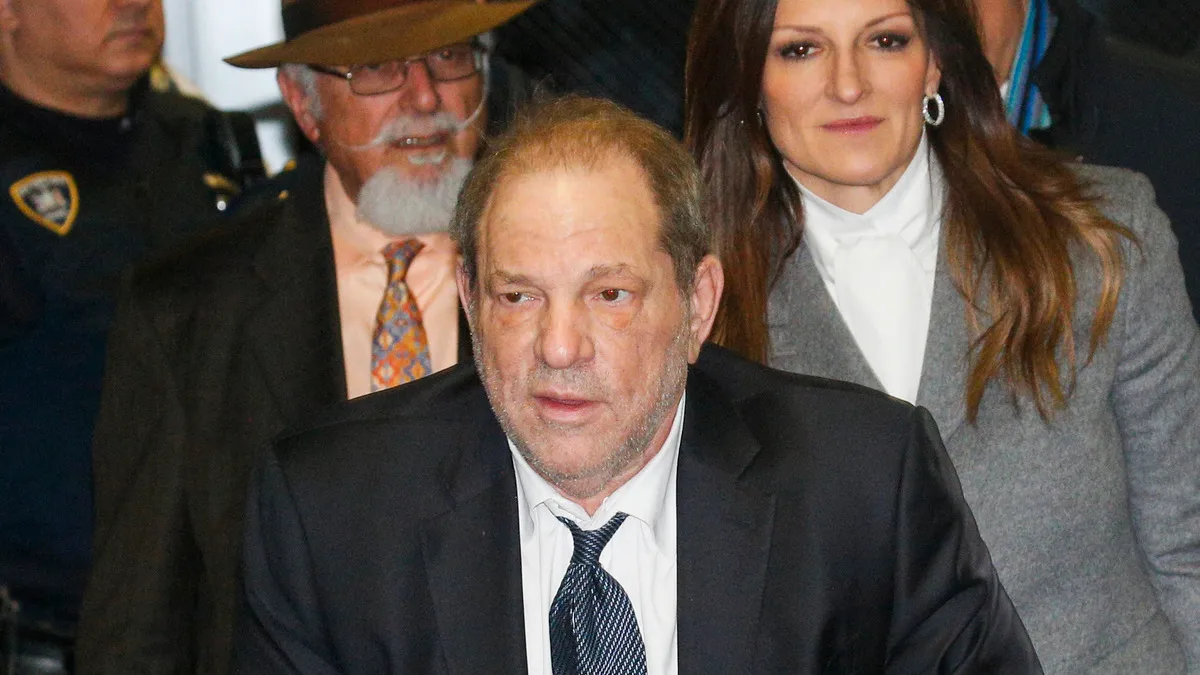
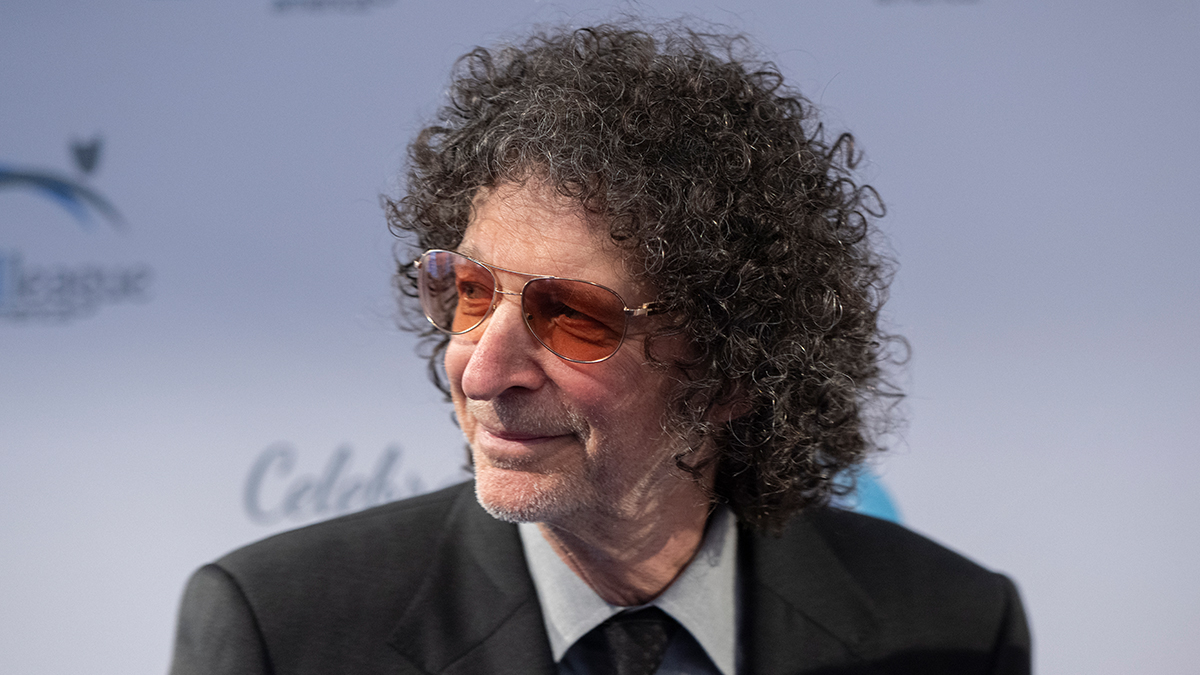
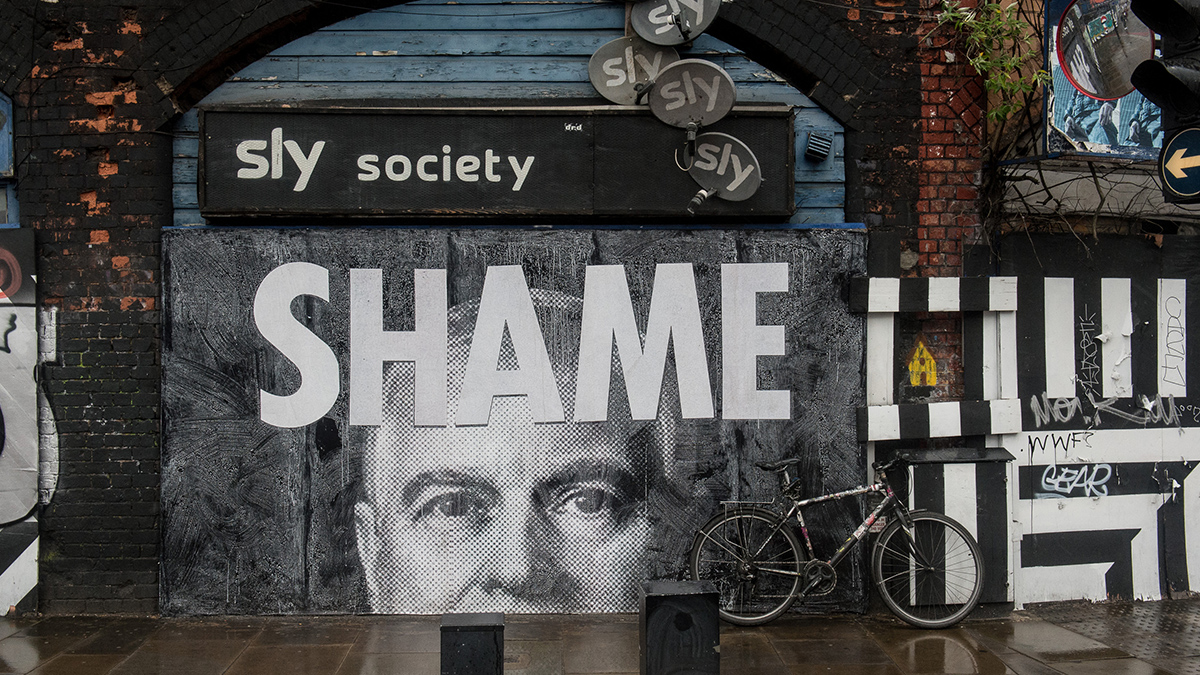
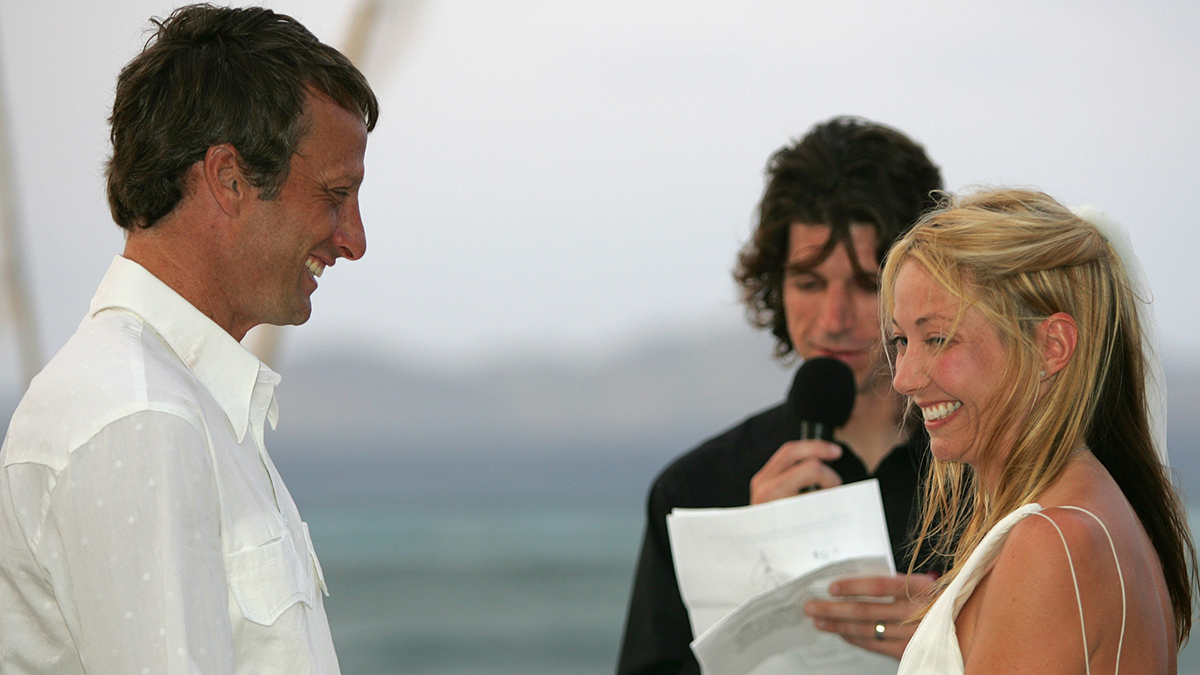
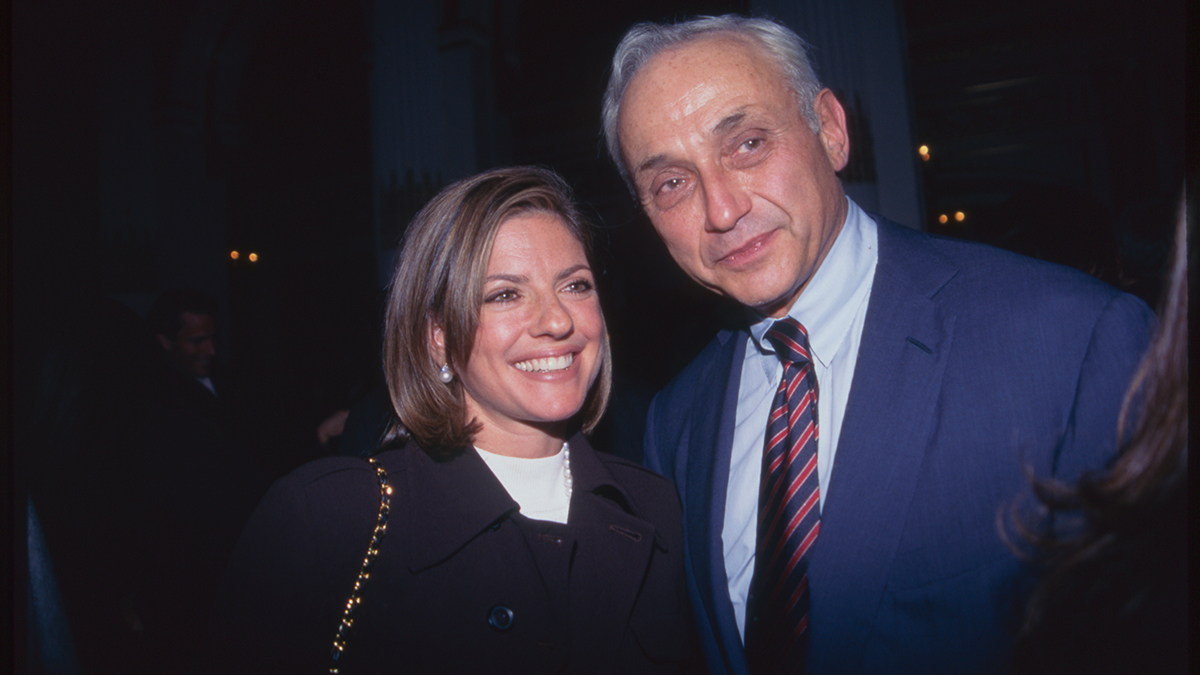
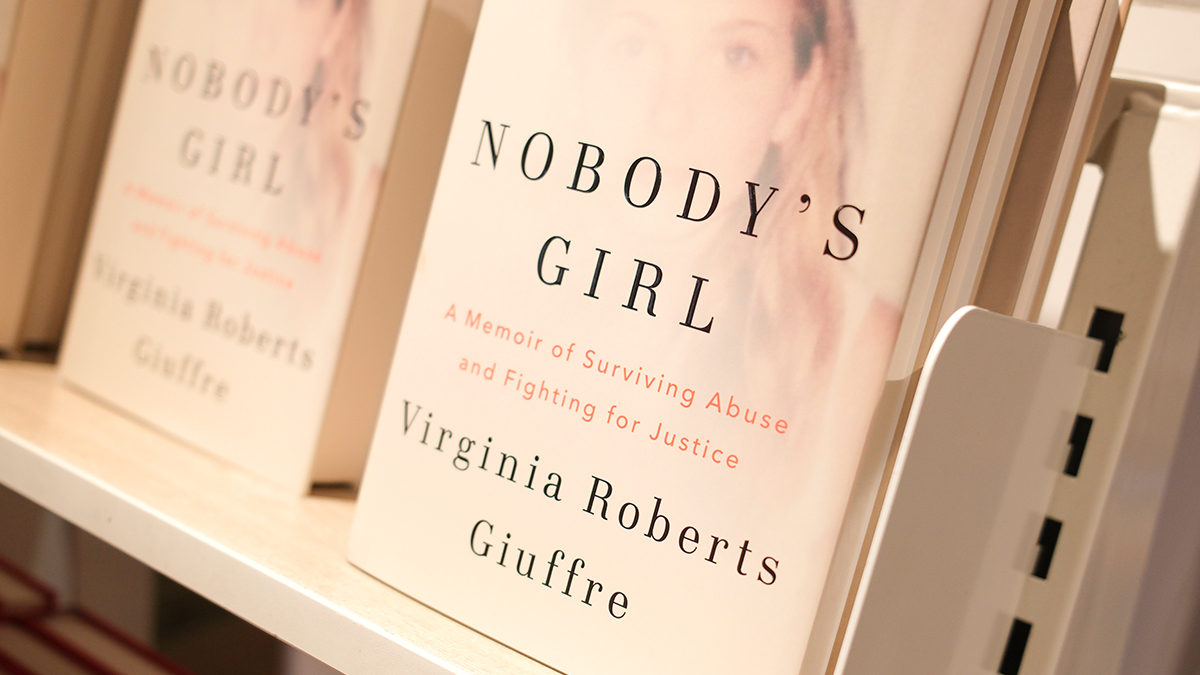
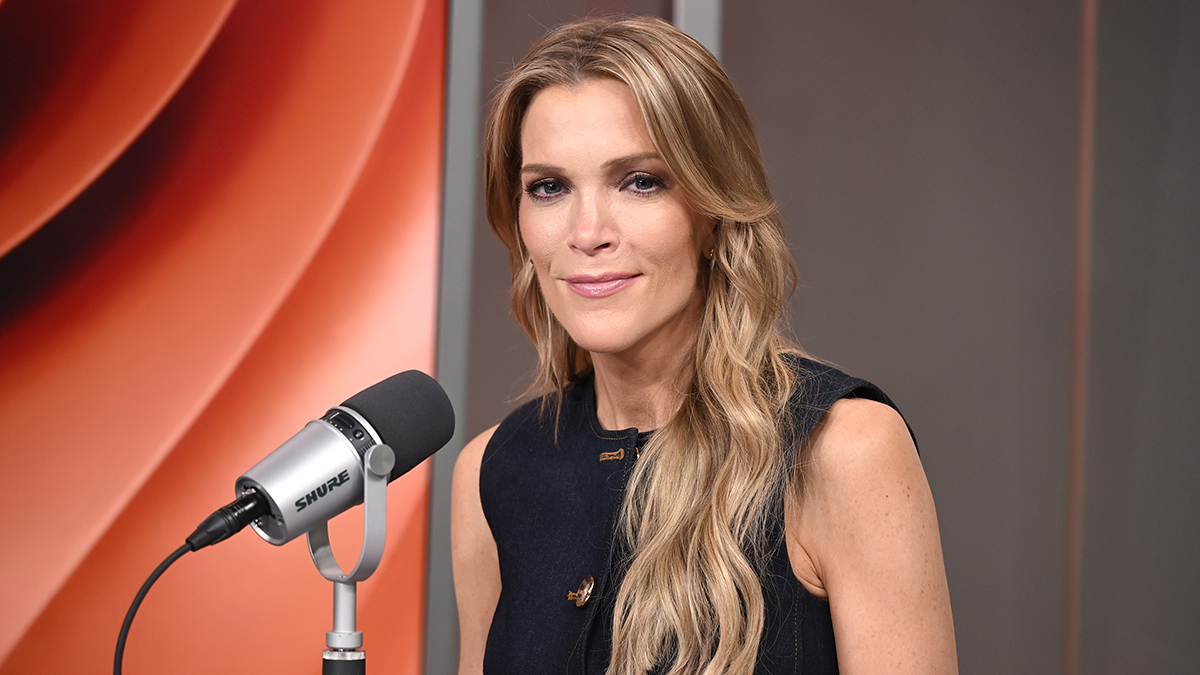



Published: Apr 26, 2024 08:01 am